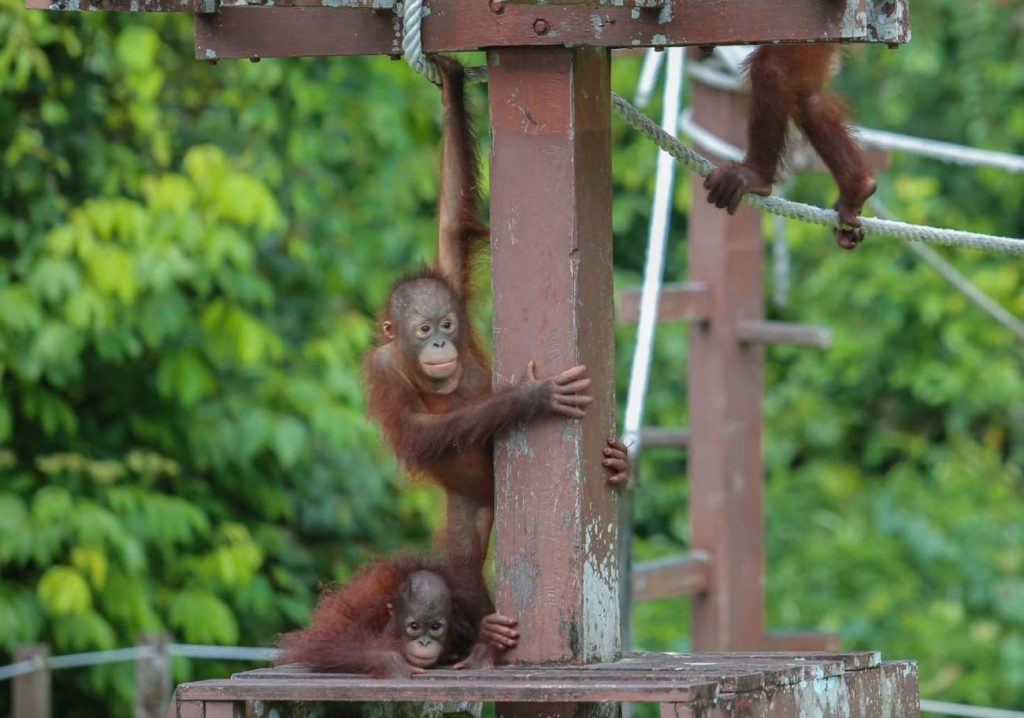Context:
Malaysia recently tweaked its earlier proposal of sending critically endangered orangutans as gifts to palm oil-purchasing countries.
More on the news:
- Malaysia revised its policy after it received strong criticism from wildlife conservationists, who called it “repugnant” and inappropriate.
- The updated proposal allows palm oil importers to sponsor orangutans, with the funds used for their conservation in Malaysia, rather than sending the orangutans to other countries.
What is Orangutan Diplomacy?

- Malaysia, the second-largest palm oil producer, faces pressure to make its palm oil industry more sustainable due to its link to deforestation and particularly the orangutan habitat loss.
- In May, It announced plans to give orangutans as gifts to countries that buy palm oil, inspired by China’s “panda diplomacy.”
- The diplomacy aimed to address concerns about palm oil’s impact on orangutans. It emphasized that Malaysia should promote its commitment to sustainable palm oil and environmental protection.
- This announcement followed the European Union’s ban on imports linked to deforestation.
- Under the revised plan, Malaysia proposed that orangutans would remain in their natural habitats.
- Funds from sponsoring countries would be used for conservation programs, including working with experts to monitor the safety and condition of the orangutans.
Orangutans:
- The name orangutan means “man of the forest” in the Malay language.
- Orangutans live in the rainforests of Borneo and Sumatra (two different species), and are threatened by deforestation and habitat loss due to palm oil plantations.
- Scientific Name: Pongo abelii/pygmaeus
- Status: Critically Endangered (IUCN Red list)
- They feast on wild fruits like lychees, mangosteens, and figs, and slurp water from holes in trees.
In November 2017, a third species of orangutan, the Tapanuli orangutan, was identified.
- With fewer than 800 individuals remaining, it is the most critically endangered of all great apes.

